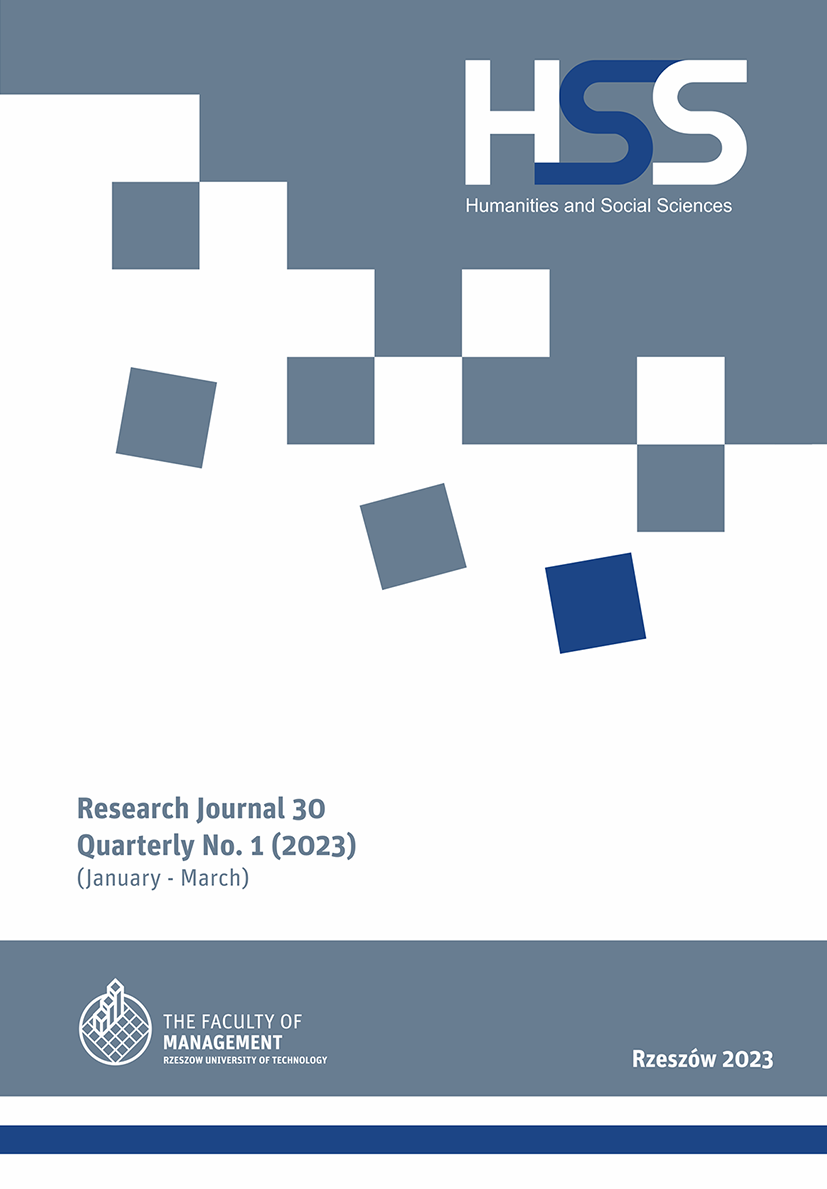Abstrakt
This paper brings sociology to European integration. The author claims that even though the European Union is a unique entity, it can still be analyzed in the framework of international relations. Therefore, the sociological theory of stratificatory differentiation can be applied to European integration. From the formal point of view, all EU member states are equal and remain sovereign actors in international relations; the EU is conceptualized as a network organization. However, this paper concludes that there is an unofficial stratification in the organization based on cultural and economic differences. Western core EU states (France and Germany in particular) constitute the higher stratum; the new (post-communist) member states occupy the subaltern status. The tentative claim of the author is that this unofficial stratification results in a differentiated impact of EU policies on the interests of EU member states.
Bibliografia
Albert, M., Buzan, B., Zürn, M. (2013). Differentiation theory and International Relations [In:] Albert, M., Buzan, B., Zürn, M., eds., Bringing Sociology to International Relations: World Politics as Differentiation Theory. Cambridge: Cambridge University Press.
Balibar, E. (2004). We, the People of Europe?: Reflections on Transnational Citizenship. Princeton: Princeton University Press.
Boatca, M. (2013). Multiple Europes and the Politics of Difference Within. Worlds & Knowledge Otherwise, Spring 2013 [Access: 11.08.2022]. Access on the internet: https://globalstudies.trinity.duke.edu/sites/globalstudies.trinity.duke.edu/files/fileattachments/v3d3_Boatca2.pdf.
Cai, F., Li, Z., Lin, J.Y. (2003). The China Miracle: Development Strategy and Economic Reform. Hongkong: The Chinese University Press.
Czubocha, K. (2009). Wpływ importu surowców energetycznych z Rosji na Wspólną Politykę Zagraniczną i Bezpieczeństwa Unii Europejskiej w latach 2004–2009. „Zeszyty Naukowe PITWIN”, 1(1).
—— (2013). EU Foreign Policy and the National Priorities of the Central and eastern European Member States: Selected Sociological Insights. „Athenaeum. Polish Political Science Studies”, 40(4).
Dinan, D. (2005). Ever Closer Union: An Introduction to European Integration. Boulder–London: Lynne Rienner Publishers.
Empire’s New Clothes: Unveiling EU Enlargement (2012). Böröcz, J., Covacs, M., eds., Telford: „Central Europe Review” [Access: 13.08.2022]. Access on the internet: http://aei.pitt.edu/144/1/Empire.pdf.
Farkas, B. (2011). The Central and Eastern European Model of Capitalism. “Post-Communist Economies”, 23(1).
Farr, J. (2005). The Westphalia Legacy and the modern Nation-State. „International Social Science Review”, 80(3/4).
Grossouvre, H. (2002). Paris – Berlin – Moscou: la voie de l'indépendance et de la paix. Lousanne: L’Age d’Homme.
Heins, V. (2006). Orientalising America? Continental Intellectuals and the Search for Europe's Identity. “Millennium – Journal of International Studies”, 34(2).
Hendriks, G., Morgan, A. (2001). The Franco-German Axis in European Integration. Cheltenham: Edward Elgar Publishing.
Hooper, B., Kramsch, O. (2007). Post-Colonizing Europe: The Geopolitics of Globalization, Empire and Borders: here and there, now and then. “Tijdschrift voor economische en sociale geografie”, 98(4).
Huntington, S. (1993). The Clash of Civilizations? “Foreign Affairs”, 72(3).
Jakubek, J. (2008). Polish Experiences with European Policy Coordination 1991–2006 [In:] Cox, T., Myant, M., eds., Reinventing Poland: Economic and Political Transformation and Evolving National Identity. Abingdon: Routledge.
Keukeleire, S, MacNaughtan, J. (2008). The Foreign Policy of the European Union. Basingstoke: Palgrave Macmillan.
Kornai, J. (2006). The great transformation of Central Eastern Europe: Success and disappointment. “Economics of Transition”, 14(2), https://doi.org/10.1111/j.1468-0351.2006.00252.x.
Kuus, M. (2004). Europe's Eastern Expansion and the Reinscription of Otherness in East-Central Europe. „Progress in Human Geography”, 28(4).
Nölke, A., Vliegenthart, A. (2009). Enlarging the varieties of capitalism: The emergence of dependent market economies in East Central Europe. “World Politics”, 61(4).
Piccardo, L. (2010). The European Union and Russia: Past, Present and Future of a Different Relationship [In:] Bindi, F., ed., The Foreign Policy of the European Union: Assessing Europe’s Role in the World. Washington: Brookings Institution Press.
Pietraś, Z.J. (2006). Prawo wspólnotowe i integracja europejska. Lublin: Wyd. UMCS.
Said, E.W. (1979). Orientalism: Western Conceptions of the Orient. New York: Penguin Books, Vintage Books.
Schimmelfenning, F. Sedelmeier, U. (2004). Governance by Conditionality: EU rule transfer to the candidate countries of Central and Eastern Europe. Journal of European Public Policy, 11(4).
Skórczewski, D. (2009). Polska skolonizowana, Polska zorientalizowana. Teoria postkolonialna wobec „innej Europy”. „Porównania”, 6.
Sykulski, L. (2014). Geopolityka. Częstochowa: Grategia.
Taras, R. (2013). The Power of Images and the Images of Power: Past and Present Identity in Russia’s International Relations [In:] Taras, R., ed., Russia’s Identity in International Relations: Images, Perceptions, Misperceptions. Routledge, Abingdon.
The European's Burden: Global Imperialism in EU Expansion (2006). S. Engel-Di Mauro, ed. New York: Peter Lang Publishing.
Theories of International Relations (2005). S. Burchill, A. Linklater, R. Devetak, J. Donnelly, M. Paterson, C. Reus-Smit, J. True, eds. Houndmills: Palgrave Macmillan.
Tiersky, R. (2010). Europe and the Geopolitical Order [In:] Tiersky, R., Oudenaren, J.V., eds., European Foreign Policies: Does Europe Still Matter?. Plymouth: Rowman & Littlefield Publishers.
Viola, L.A. (2013). Stratificatory Differentiation as a constitutive principle of the International community [In:] Albert, M., Buzan, B., Zürn, M., eds., Bringing Sociology to International Relations: World Politics as Differentiation Theory, Cambridge: Cambridge University Press.
—— (2020a). “Systemically Significant States”: Tracing the G20’sMembership Category as a New Logic of Stratification in the International System. „Global Society”, 34(3).
—— (2020b). The Closure of the International System. Cambridge Studies in International Relations 153. Cambridge: Cambridge University Press.
Wallerstein, I. (2005). World-systems Analysis: An Introduction. Durham: Duke University Press.


